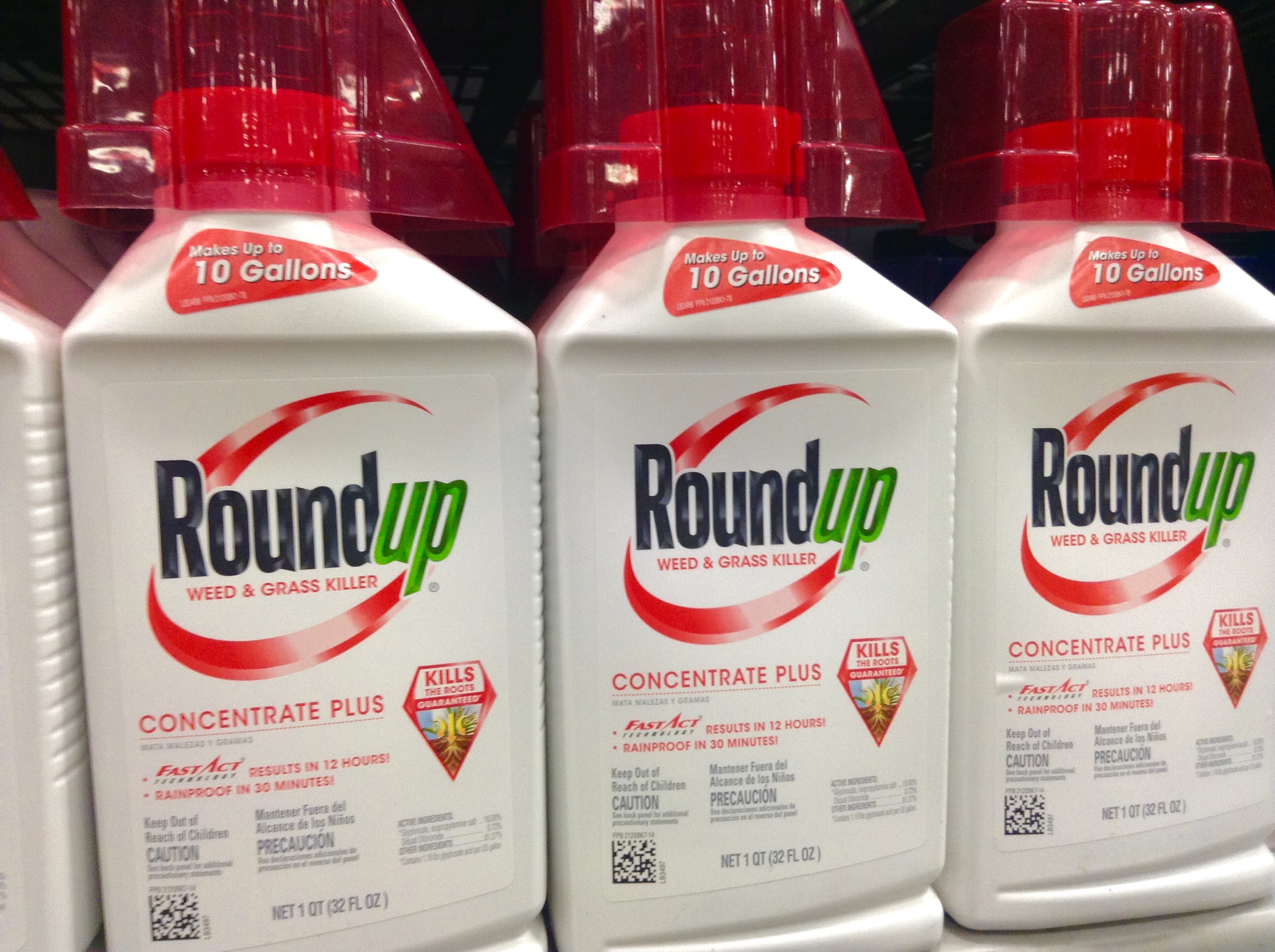
EPA Bows to Chemical Industry in Delay of Glyphosate Cancer Review
The Environmental Protection Agency was slated to hold four days of public meetings focused on essentially one question: Is glyphosate, the world’s most widely used herbicide, as safe as Monsanto has spent 40 years telling us it is?
But oddly, the EPA Scientific Advisory Panel (SAP) meetings were “postponed“ just four days before they were to begin Oct. 18, after intense lobbying by the agrichemical industry.
October 19, 2016 | Source: The Huffington Post | by Carey Gilliam
This might have been a tough week for Monsanto Co. The Environmental Protection Agency was slated to hold four days of public meetings focused on essentially one question: Is glyphosate, the world’s most widely used herbicide and the lynchpin to Monsanto’s fortunes, as safe as Monsanto has spent 40 years telling us it is?
But oddly, the EPA Scientific Advisory Panel (SAP) meetings, called to look at potential glyphosate ties to cancer, were “postponed“ just four days before they were to begin Oct. 18, after intense lobbying by the agrichemical industry. The industry first fought to keep the meetings from being held at all, and argued that if they were held, several leading international experts should be excluded from participating, including “any person who has publicly expressed an opinion regarding the carcinogenicity of glyphosate.”
As the meetings drew near, CropLife America, which represents the interests of Monsanto and other agribusinesses, specifically took issue with at least two scientists chosen for the panel, alleging the experts might be unfavorably biased against industry interests. On Oct. 12, the group sent a letter to the EPA calling for Dr. Kenneth Portier of the American Cancer Society to be more deeply scrutinized for any “pre-formed conclusions” about glyphosate.
More notably, CropLife called for leading epidemiologist Dr. Peter Infante to be completely disqualified from panel participation: “EPA should replace Dr. Infante with an epidemiologist without such patent bias,” CropLife told EPA. The chemical industry group said Infante was unlikely to give industry-sponsored research studies the credibility the industry believes they deserve. CropLife said Infante has testified in the past for plaintiffs in chemical exposure cases against Monsanto. Croplife also argued that because Infante was the “only epidemiologist on the glyphosate SAP” he would have enhanced influence in the evaluation of epidemiological data about glyphosate and cancer.
